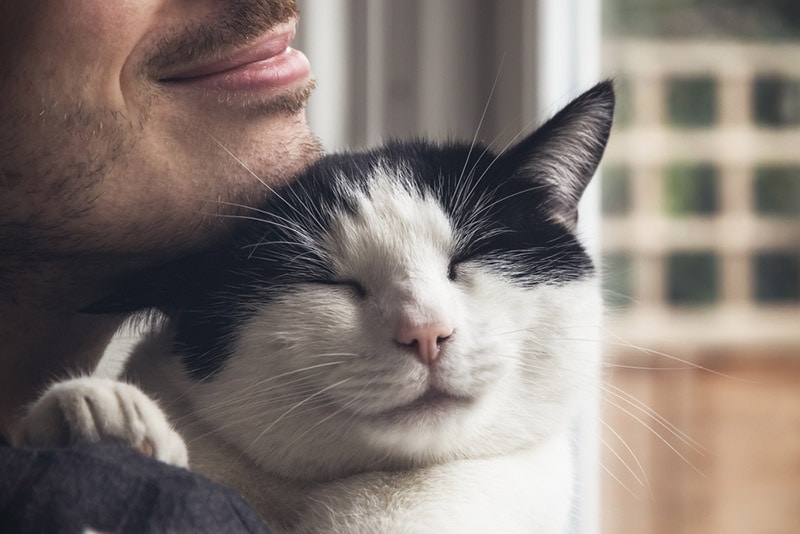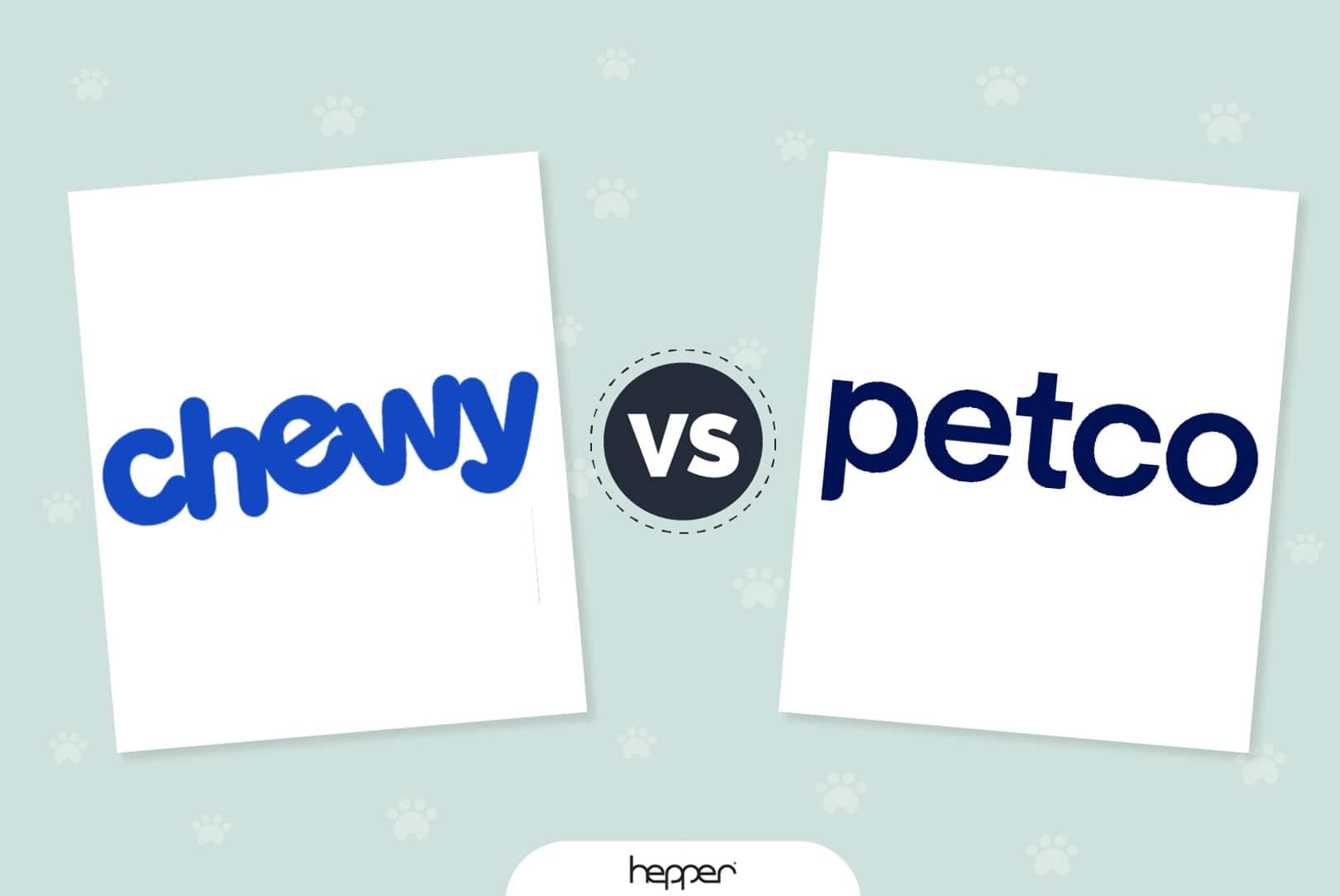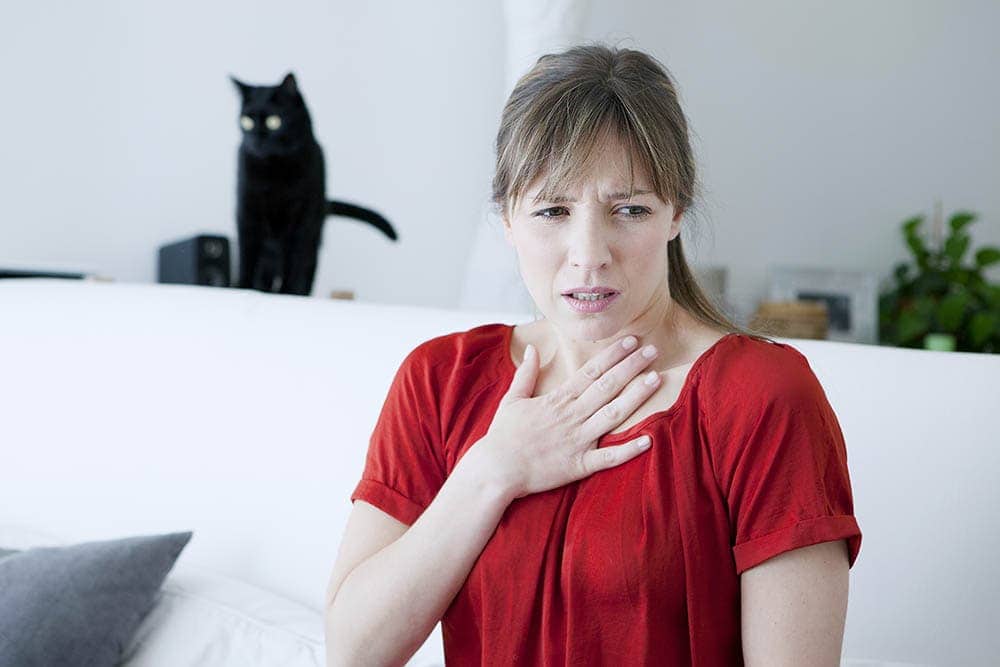Can Cats Drink Alcohol? Vet-Reviewed Facts & Risks
By Ed Malaker
Updated on

Having a beer after a long day at work or a glass of wine after dinner is a popular activity for many people, and it’s only natural to wonder if it’s safe to give a little sip to your cat. Unfortunately, the short answer is no. You should not give your cat alcohol. However, keep reading while we look at how much is safe, what the health risks are, and what alternatives, if any, you can use to allow your cat to join in with the celebration safely.
Is Alcohol Dangerous to My Cat?
Unfortunately, the ethanol found in beer, whiskey, and wine, is extremely dangerous for your cat. Even a small amount can have a dramatic effect on your cat and might even result in death. What’s worse is that your cat doesn’t even need to drink it to be affected as the alcohol easily absorbs through the skin.

Signs of Ethanol Poisoning in Cats
- A depressed central nervous system usually begins 15–30 minutes after ingesting ethanol but can take more than an hour if the stomach is full.
- Involuntary urination or defecation.
- Behavior changes similar to the effects of catnip
- Decreased body temperature
- Flatulence (if the source of ethanol is bread dough)
- Depression
- Slowed breathing and heartbeat
- Heart attack
Causes of Ethanol Poisoning in Cats
Drinking an alcoholic beverage like beer, wine, liquor, wine coolers, and so on is one way that your pet can ingest ethanol alcohol, but there are other ways as well. One of the most common ways a cat can accidentally ingest ethanol is by eating bread dough or rotten apples out of the garbage. There is also alcohol in mouthwash, cough syrup, flavored extracts, rubbing alcohol, perfume, cologne, and others. While your cat is unlikely to eat most of these items, if they get spilled, your nosey cat is likely to come running to investigate.

What If My Cat Ingests Ethanol?
If you suspect your cat has ingested ethanol, it’s important to contact the vet immediately, especially if you notice one or more signs of poisoning. Your cat will likely require intravenous fluids to help with dehydration and may need access to a respirator as well if there is difficulty breathing, and if your cat has a heart attack, the doctor will need to get the heart started again if possible. Once the cat makes it through danger, it can take up to 12 hours for the signs to subside. Additional blood and urine tests will tell you when the body acidity levels of your cat are back within acceptable levels.
Alternatives to Alcohol
Cat Soup
If it’s a special celebration or holiday, like New Year’s Eve, many people like to include the cat in the festivities, and there are a few alternatives to alcohol that you can use that are safe and enjoyable to your cat. Cat soup is a perfect example, and these inexpensive treats are healthy, and your cat will love them. Several brands produce many flavors, so it should not be hard to find one your cat loves. The liquid texture of soup will make your cat feel like one of the family.
Calming Pheromones
If you like to relax after a long day, but your cat likes to run around, you can try using a calming pheromone to calm your cat during this time instead of giving them alcohol. Most pheromones plug into the wall, but others are sprays that you can deliver where you need them. While pheromones don’t affect some cats, they will help most cats. Some brands can help cats get along or get your cat to stop scratching furniture, and they are completely safe to use around your pet, though you shouldn’t spray it directly on them.
Catnip
Catnip is extremely inexpensive, easy to find, and works on at least half of cats. While some cats are not sensitive to this natural herb, it makes many others run around and act silly, just like if they were consuming alcohol. Catnip only lasts a few minutes but is completely safe, and you can even grow it in your garden to have access to the fresh plant.
Cat Wine
One of the most fun alternatives to feeding your cat alcohol is to give them a cat wine. While not as easy to find as the soup or even the pheromones, cat wine can be the perfect solution to your New Years’ Eve festivities and birthday parties. Cat wine is non-toxic and safe for your cat to consume. Most brands use catnip in the ingredients so the cat will appear to get drunk, just like when drinking the real thing.
Summary
While many people like to share alcohol with their cats, doing so can be deadly and almost always results in the cat getting ill. Even a small amount can cause disorientation, loss of control over bodily functions, and many other signs. If you suspect your cat drank some alcohol or came into contact with it in any way, it’s important to call your vet to see what steps you should take immediately to see what you should do before your cat starts suffering from ill-health. If your cat has an empty stomach, you can begin seeing alcohol intoxication signs in as little as 15 minutes. However, a cat that has just eaten dinner can take up to two hours to become sick. We recommend sticking to the alternatives when looking to celebrate with your cat to make sure your happy day is safe and healthy for everyone.
We hope you have enjoyed our look into the safety of feeding your cat this popular beverage. If we have helped make your cat feel more included in your celebrations, please share this discussion about feeding cats alcohol on Facebook and Twitter.
Looking for more guides on what your cat can have? Try:
Featured Image Credit: Pixabay













